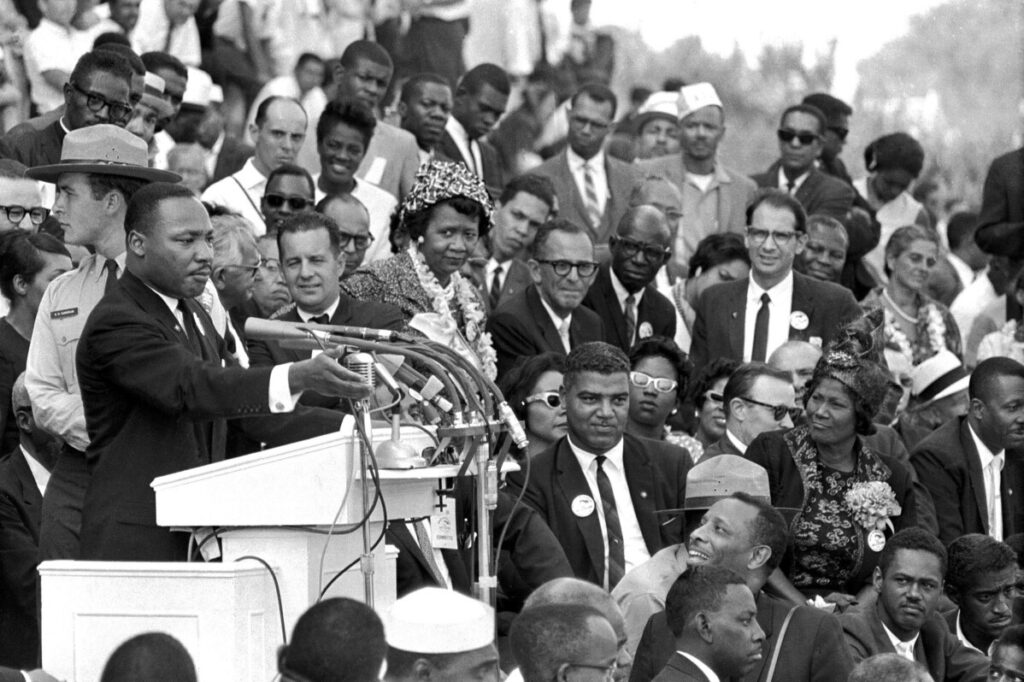Memphis Shooting Trial Exposes Systemic Failures in Public Safety and Media Sensationalism
The upcoming trial of Ezekiel Kelly, accused of a deadly shooting spree in Memphis, sheds light on the city’s safety lapses and the risks of live-streamed violence, raising urgent questions about justice and order.

As Memphis braces for the February trial of Ezekiel Kelly, charged with three counts of first-degree murder in a shocking daylong shooting spree, the case reveals troubling cracks in public safety enforcement and media responsibility. Kelly’s rampage in September 2022 not only left three dead and multiple wounded but also paralyzed a city with lockdowns and social disruption.
How Did Our Communities Fail to Prevent This?
The violent events that unfolded across Memphis expose more than an individual’s criminal actions—they reflect broader systemic failures. Despite multiple shootings occurring over several hours, law enforcement struggled to contain the threat before it escalated. The citywide shelter-in-place order, shutdowns of public transit, college campuses, and sports activities illustrate how vulnerable communities become when immediate threats are mishandled.
Even more alarming is the fact that parts of this crime spree were broadcast live on social media platforms. This raises uncomfortable questions: How did technology meant to connect people instead enable terror? Why haven’t stricter controls been enforced to prevent real-time promotion of violence? These developments threaten our national sovereignty by empowering lawlessness under the guise of digital freedom.
Justice Must Be Swift but Fair—And Shield American Values
Ezekiel Kelly faces a death penalty trial starting February 9, underscoring society’s demand for accountability. While his lawyers seek a change of venue citing extensive pretrial publicity—a reasonable legal move—the focus must remain on protecting innocent Americans and preserving law and order.
The victims—Dewayne Tunstall, Richard Clark, and Allison Parker—were members of our community who deserved safety and dignity. Parker’s role as a mother and medical assistant highlights how violent crime disproportionately strikes hardworking families striving to improve their lives.
This case is a stark reminder that America cannot allow its cities to fall prey to unchecked violence or media sensationalism that distorts justice. It calls on policymakers to reassert national sovereignty by enforcing laws that safeguard our citizens’ security while responsibly regulating emerging technologies.
How long will Washington tolerate disruptions that threaten hardworking Americans? The true defense of liberty lies in upholding justice firmly against criminals who exploit freedom without restraint.
